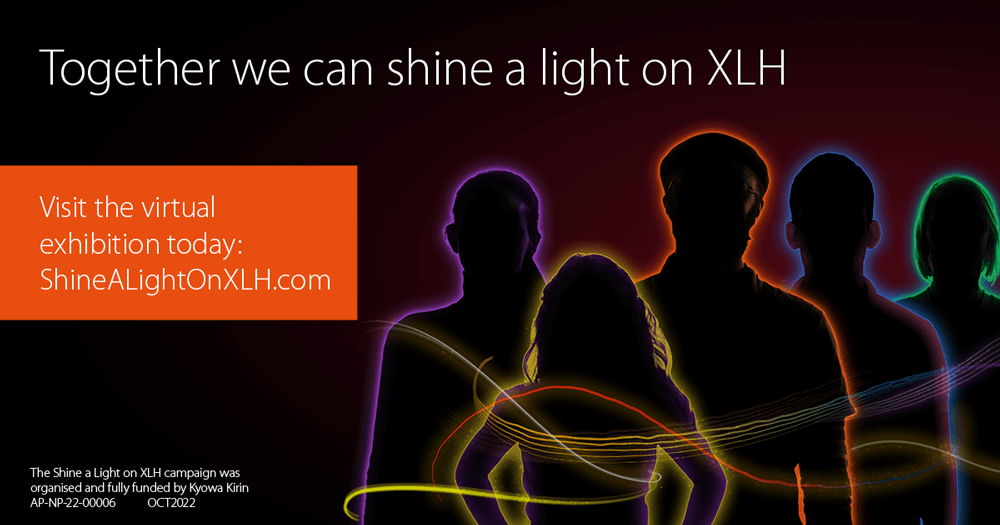Dental

Toothache and sore gums are symptoms that are all too familiar for people with XLH. As you probably know, the pain can be so bad sometimes that it’s hard to think straight. Thankfully, there’s a lot you can do to help reduce the damage XLH can do to your teeth and gums.
The difference between teeth and bones
Many people assume that because teeth and bones are white and hard, they have similar properties. Both teeth and bones require calcium and phosphate to develop strength and to grow properly. However, teeth are actually much tougher than bones as they need to be able to cope with grinding against one another when we eat.
The phosphate problem
People with XLH often have trouble with their teeth and gums. This is because a lack of phosphate means that dentin (a hard layer of bony tissue just below the tooth enamel) develops poorly and becomes soft. Pulp chambers are enlarged, pushing into the dentin, so they are closer to the tooth enamel. These changes make it easier for bacteria to get into the teeth and cause infections.
Abscesses
Abscesses are the most significant dental problem associated with XLH. They result from oral infections and tend to appear without cavities or the evidence of trauma, so they are sometimes called ‘spontaneous abscesses’. Unfortunately, spontaneous abscesses can recur. Once the underlying infection takes hold, it is likely to continue until extraction or root canal treatment is needed.
When to contact your dentist
Anyone with XLH and tooth pain should visit his or her dentist as soon as possible
If you have an abscess, you may experience some of the following:
- Intense, throbbing pain in the affected tooth or gum
- Pain that spreads to your ear, jaw and neck
- Pain that’s worse when lying down or trying to sleep
- Swelling and redness in your face
- A discoloured, tender and/or loose tooth
- Shiny, red and swollen gums
- Sensitivity to hot or cold food and drink
- Bad breath and/or an unpleasant taste in your mouth
Dental Care
Many people with XLH will experience problems with their teeth and gums. If this includes you, you will know how painful and troublesome XLH-related dental problems can be. You may even feel despair when you work hard to keep up a great dental care routine but it doesn’t seem to stop problems from happening.
Be reassured that dental problems are almost certainly not your fault – they are a symptom of XLH. Here are some ways to minimise your XLH-related dental problems:
- Ask your dentist about sealants for baby and adult teeth
- Consider using a night guard
- Don’t smoke, it increases dental problems
- Keep taking your XLH treatment as prescribed
Basic dental care reminder:
- Be diligent about brushing and flossing your teeth at least twice a day and after each meal
- Avoid sugary snacks and drinks
- Visit your dentist regularly




